GM’s decision to shut down its Cruise robotaxi program continues to ripple through the market, extending to the self-driving car company’s minority investors.
Microsoft, which in 2021 made an investment into Cruise, will take $800 million impairment charge as a result of GM’s actions, according to a regulatory filing. Microsoft said the charge will be recorded in other income and expense and was not included in its second quarter guidance provided on October 30, 2024. It is estimated to have a negative impact of approximately $0.09 to second quarter diluted earnings per share, according to the filing.
GM owns about 90% of Cruise. GM said it has agreements with other minority shareholders to buy back shares and raise its ownership to more than 97%. GM previously brought on a number of external investors including Microsoft, Walmart, Softbank, T.Rowe Price and Honda as the company sought to raise the billions in capital needed to bring robotaxis to the public.
Cruise raised $2 billion in January 2021 in a round that included Microsoft as well as GM and partner Honda. That raise pushed Cruise’s valuation up to $30 billion. The two companies also struck a long-term strategic partnership that included plans for Cruise to use Azure, Microsoft’s cloud and edge computing platform, for its autonomous vehicle ride-hailing service.
General Motors announced Tuesday it would no longer fund development of the robotaxi and instead absorb its self-driving car subsidiary Cruise and combine it with the automaker’s own efforts to develop driver assistance features — and eventually fully autonomous personal vehicles. GM acquired the self-driving startup Cruise in March 2016 for $1 billion. Since then, GM has spent more than $10 billion on the company in a bid to commercialize autonomous vehicle technology via a robotaxi business.
Minority investor Honda said Wednesday it will stop funding a joint venture with General Motors and Cruise to launch a robotaxi service in Japan.
Kirsten Korosec is a reporter and editor who has covered the future of transportation from EVs and autonomous vehicles to urban air mobility and in-car tech for more than a decade. She is currently the transportation editor at TechCrunch and co-host of TechCrunch’s Equity podcast. She is also co-founder and co-host of the podcast, “The Autonocast.” She previously wrote for Fortune, The Verge, Bloomberg, MIT Technology Review and CBS Interactive.
Subscribe for the industry’s biggest tech news
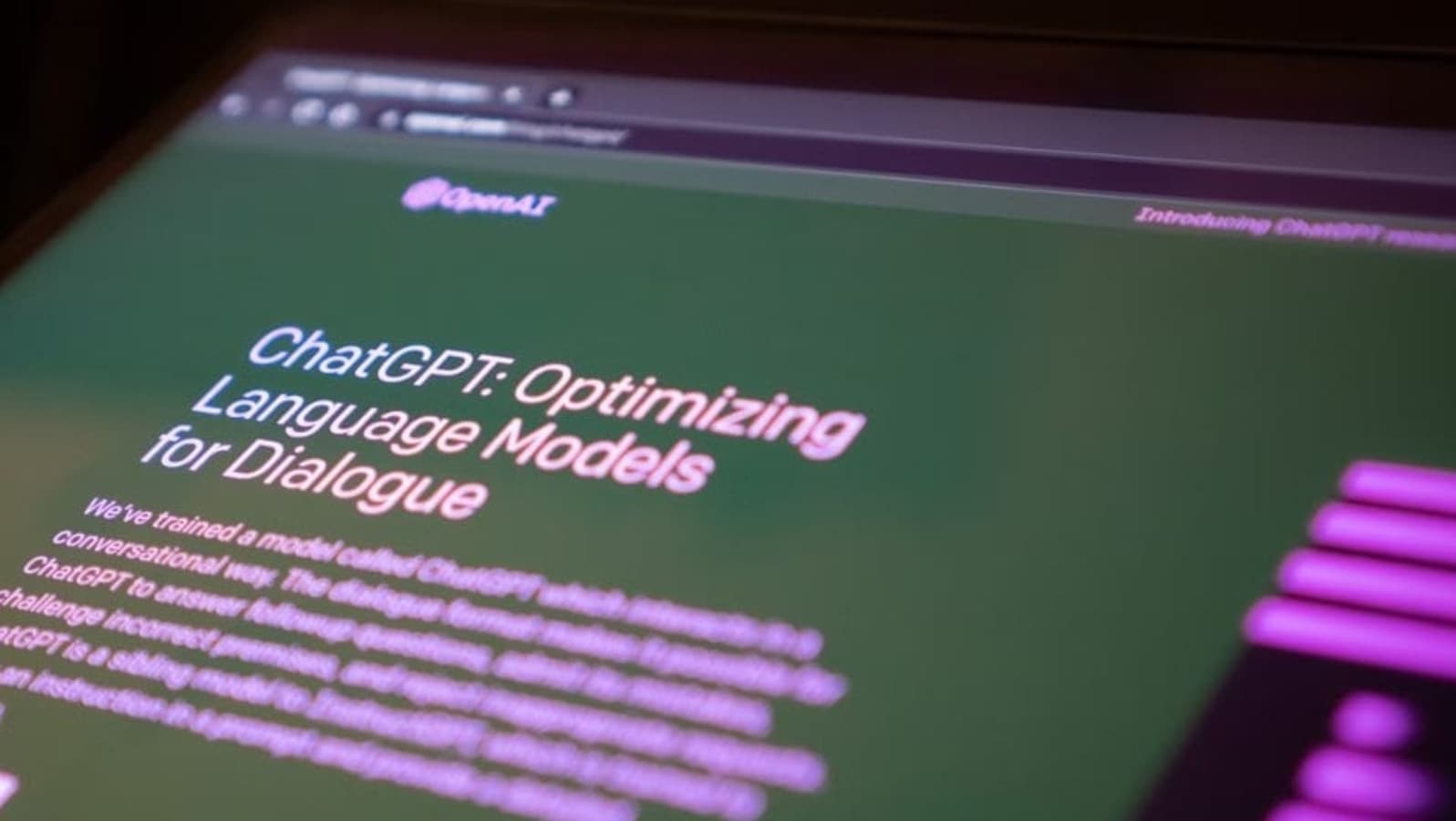
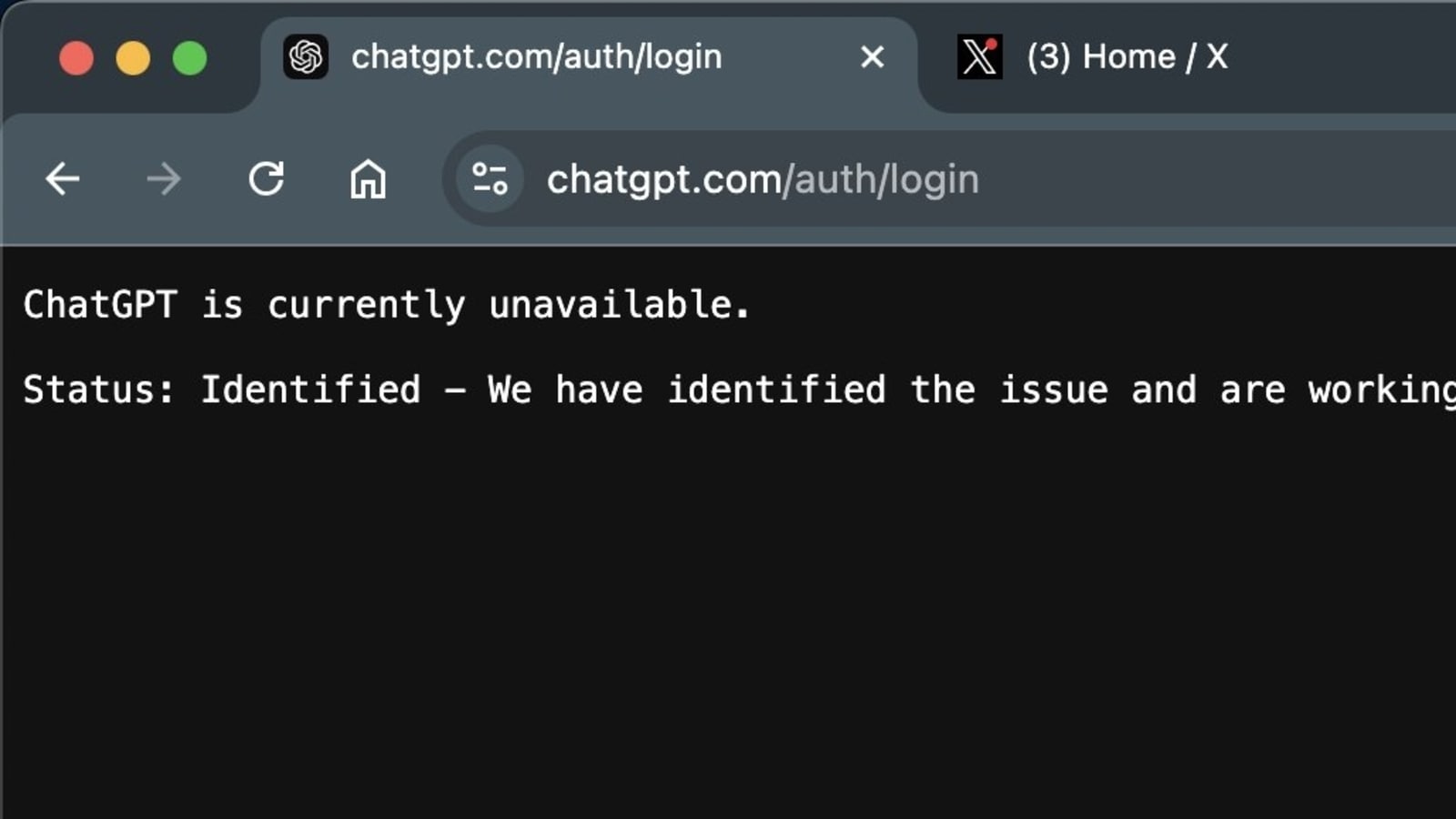




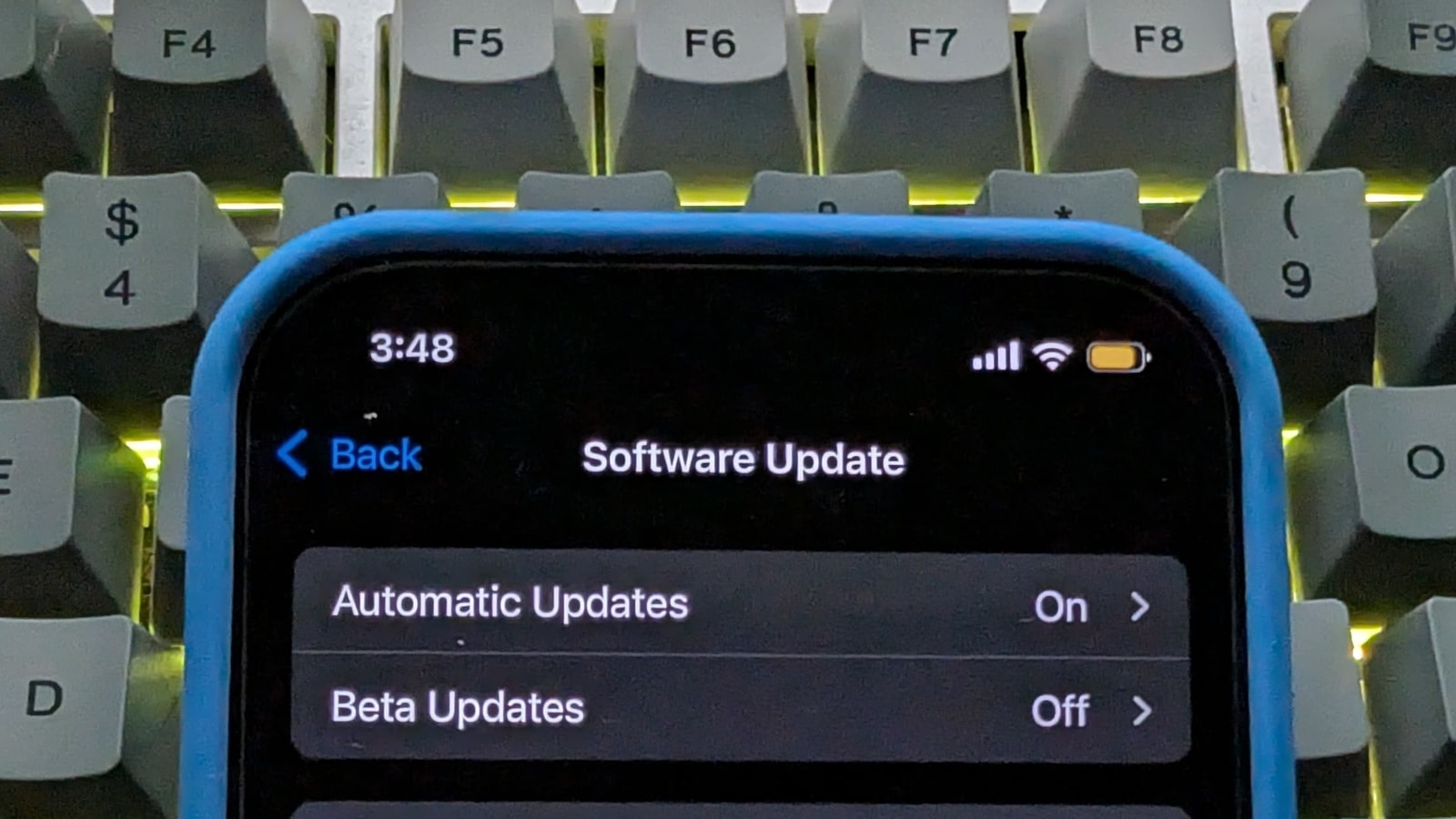

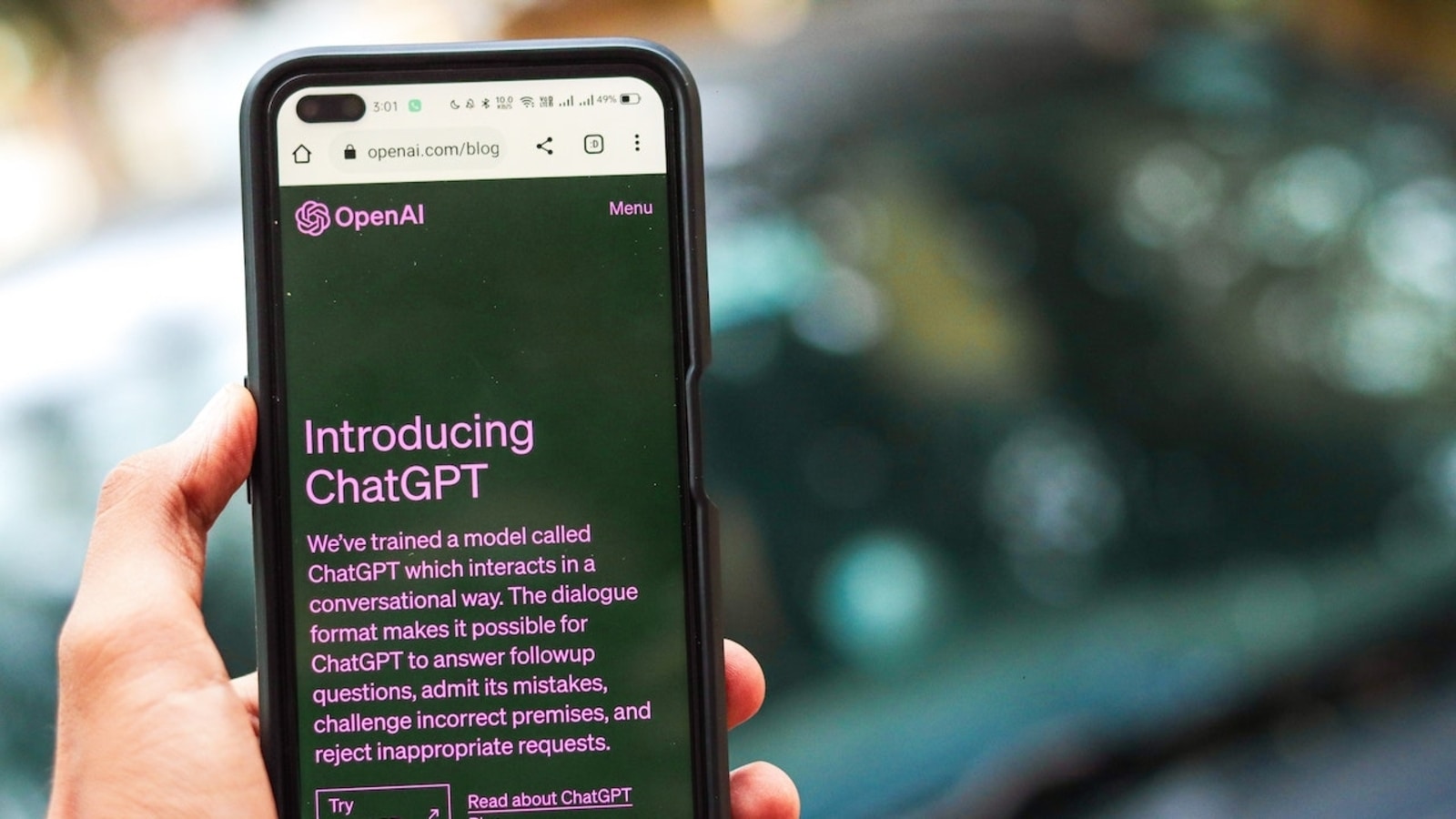

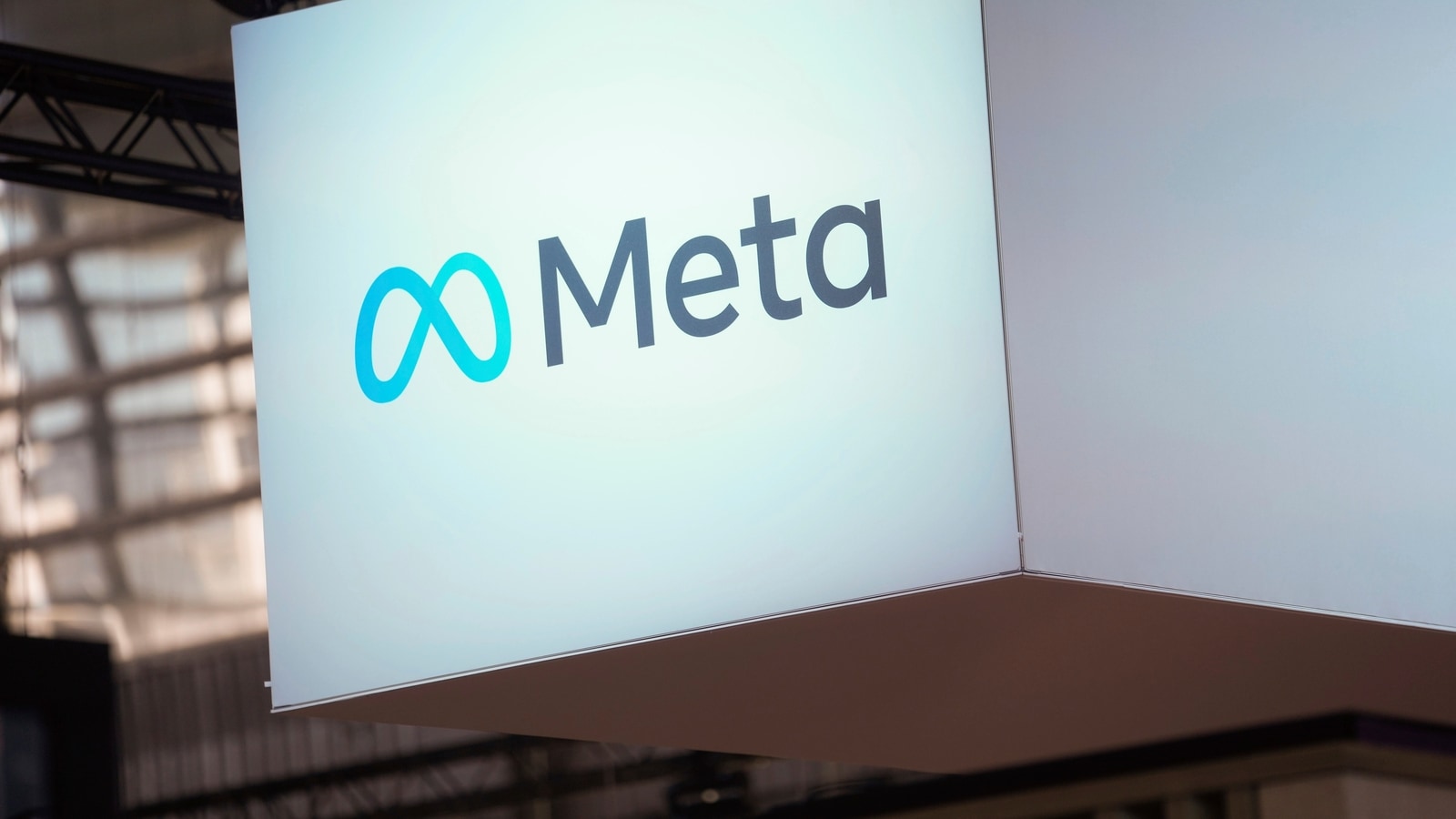






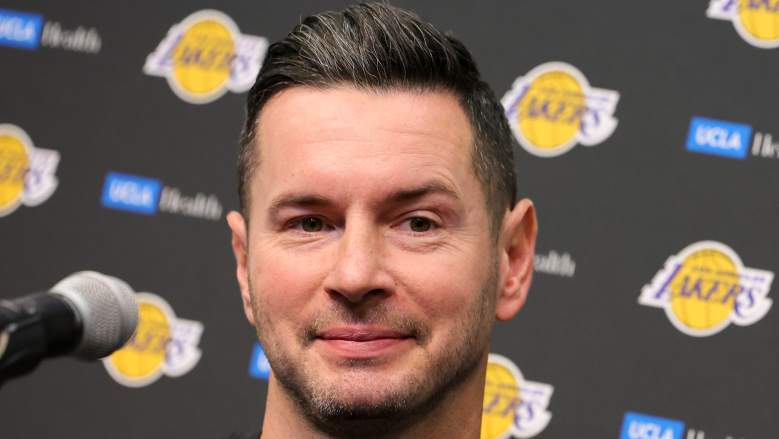

 English (US) ·
English (US) ·